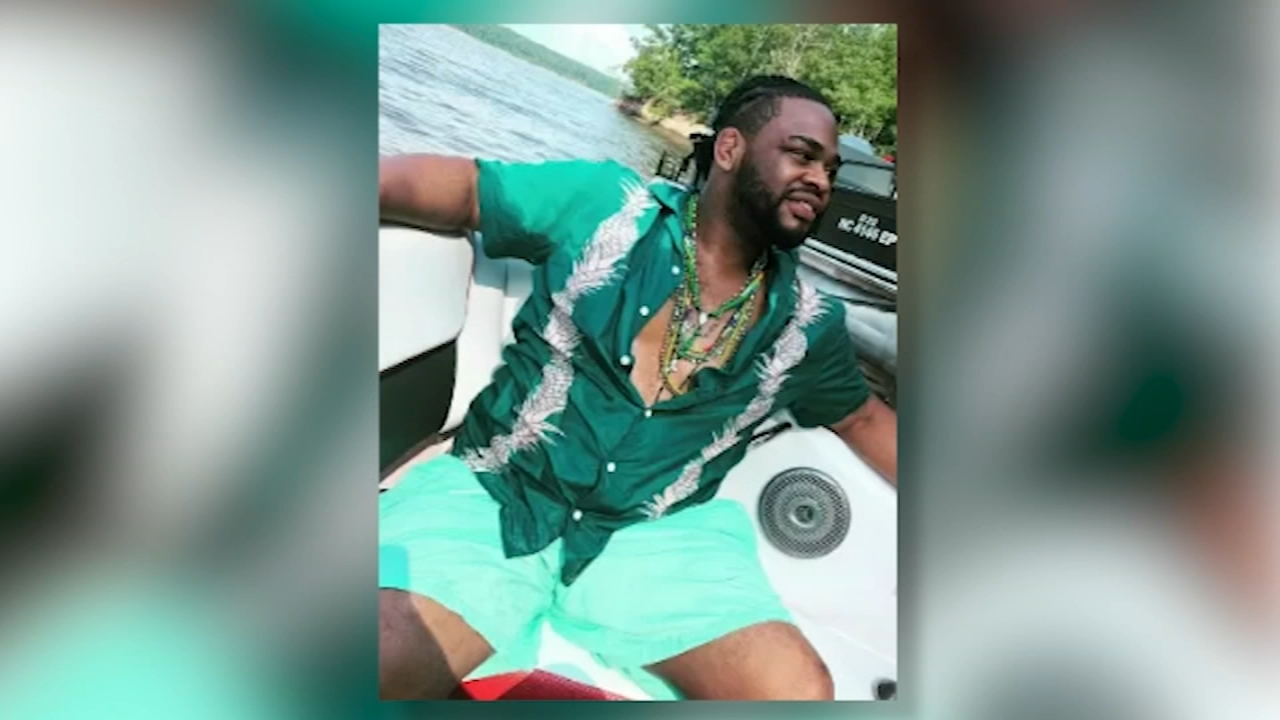Duke University Hospitals program helps victims of gun violence with recovery

DURHAM, N.C. (WTVD) -- Providing care for victims of violence after they leave the hospital is the goal of one program at Duke University Hospital.
New research from Duke University School of Medicine shows when gunshot patients leave hospitals they can face unequal access to care especially those from low-income black and brown communities.
"I could smell the gunpowder for months after I got shot. I couldn't get it out of my nose. I couldn't get it off of my body," said Nenna Haywood.
At 14 years old, in a case of mistaken identity, she was shot four times and her father was killed. As a teen she had visible scares, but as an adult invisible scares remained.
"I still have that door phobia where I need to know exactly who's on the other side. Or I won't open it, you know, and it's rough," said Haywood.
She said a service like Duke University Hospital's 'violence recovery program' could've helped her in 1998.
Duke provides intensive case management for trauma survivors. The staff works to connect people to address their mental health, food insecurity, job training, housing, and even post-medical care.
According to Duke, out of the more than 300 people they've served, 87 percent were gunshot victims and a majority were people of color.
"Our black and brown community are at a disadvantage for services after serious traumatic injuries like this, especially if they need care in a nursing facility or they need home care," said Uzuri Holder, Duke University Hospital.
Holder said there are a variety of reasons for the gap in post-care. She hopes with this information, survivors' needs can remain a priority for all their partnering agencies.
"We want to know how we can support, how we can be involved because people have been doing the work to take care of the community for a very, very long time," she said.
Haywood also believes bringing survivors together can help.
"I could sit down with a young girl who went through a traumatic experience and I can relate to her and I can tell her how I can relate to her," said Haywood.
Through connection, there is recovery for victims.
"I need to tell you that's going to be OK because now I can smile because I know something good came from my story," said Haywood.
She said she looks forward to connecting with advocacy groups to share her journey with other survivors.
Holder told Eyewitness News, Duke follows training from the Health Alliance for Violence Intervention. A similar program will be available at Wake Med.







